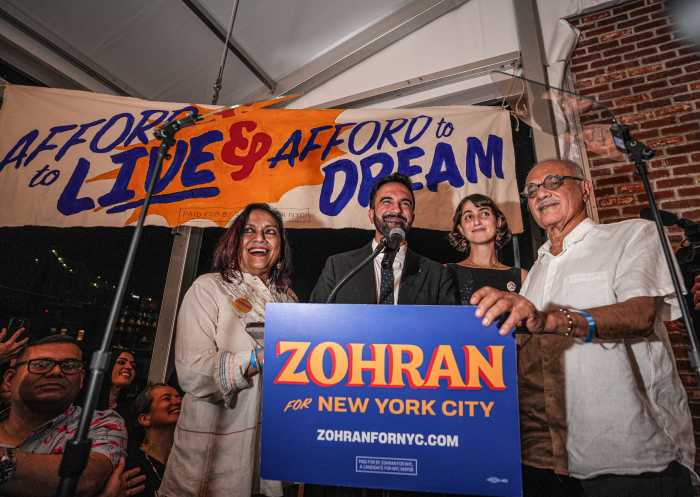A half-century is a blink of history’s eye. But it’s quite a long time to those who must live through its trials and tribulations day by day.
So how to measure the 50 years that have passed since the day the Rev. Martin Luther King Jr. was assassinated in Memphis? How should we evaluate our nation’s record on race relations since America’s foremost civil rights proponent was shot dead on April 4, 1968?
America surely has made progress, but surely not enough. One wonders whether King thought the arc of the moral universe would take this long to bend only as far as it has toward justice.
Blacks still suffer disparities in income and wealth compared with whites, still are hired at lower rates when their qualifications are similar, still are arrested disproportionately for similar crimes, and still receive harsher sentences. Legislatures in some states still are trying to erect barriers to voting, which disproportionately make it more difficult for African-Americans to get to the polls.
Schoolhouse dens of inequity
Housing segregation still cordons off neighborhoods and schools still are dens of inequity, stacking the deck against children of color trying to advance beyond the status of their parents.
Blacks also have made significant gains. Black politicians have won elected office in far greater numbers. King’s birthday is a national holiday.
Two days before King was gunned down, controversy erupted via TV sets around the country when white pop singer Petula Clark touched the arm of black civil rights advocate and singer Harry Belafonte during a prime-time special hosted by Clark. It was only 10 months earlier that the U.S. Supreme Court struck down a Virginia law that prohibited interracial marriages. Today, such unions make up 17 percent of weddings, more than five times greater than their 3 percent share in 1967.
But our national politics offers a disturbing prism on race relations. The nation’s first black president was followed by someone who has been reluctant to condemn white supremacists, who now operate openly in conducting protests and marches.
King would grasp today’s struggles
King no doubt would recognize much of what’s happening today. He would hear an echo of the civil rights marchers of his day in the young people taking to the streets in nonviolent protest and orchestrating boycotts as part of their campaign to get action on gun violence. It would distress him to know the nation is still at war in a conflict that seems endless and in which our goals and interests are muddied. He would know intimately the pain of friends, family and community in Sacramento, California, appalled by the shooting of an unarmed black man by police, most of whose shots hit Stephon Clark in his back after they mistook the cellphone in his hand for a gun — just the latest in a seemingly never-ending wave of such shootings. Like Clark’s family, King would demand a thorough investigation — by Sacramento’s first black police chief.
King was an uncompromising critic. The best way to honor him is to salute the progress made, understand more must be done, and keep trying to bend that arc toward justice at last.






































